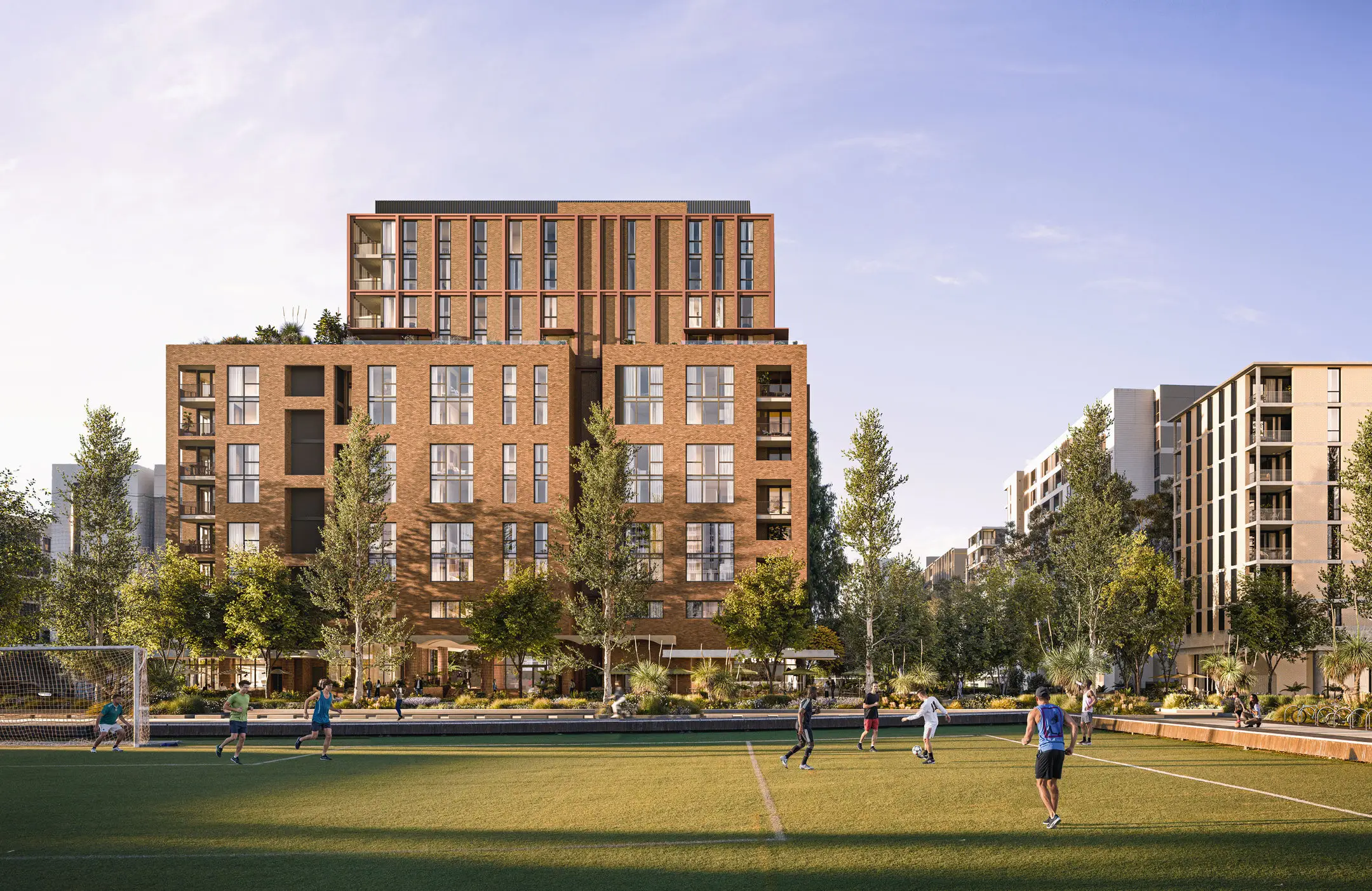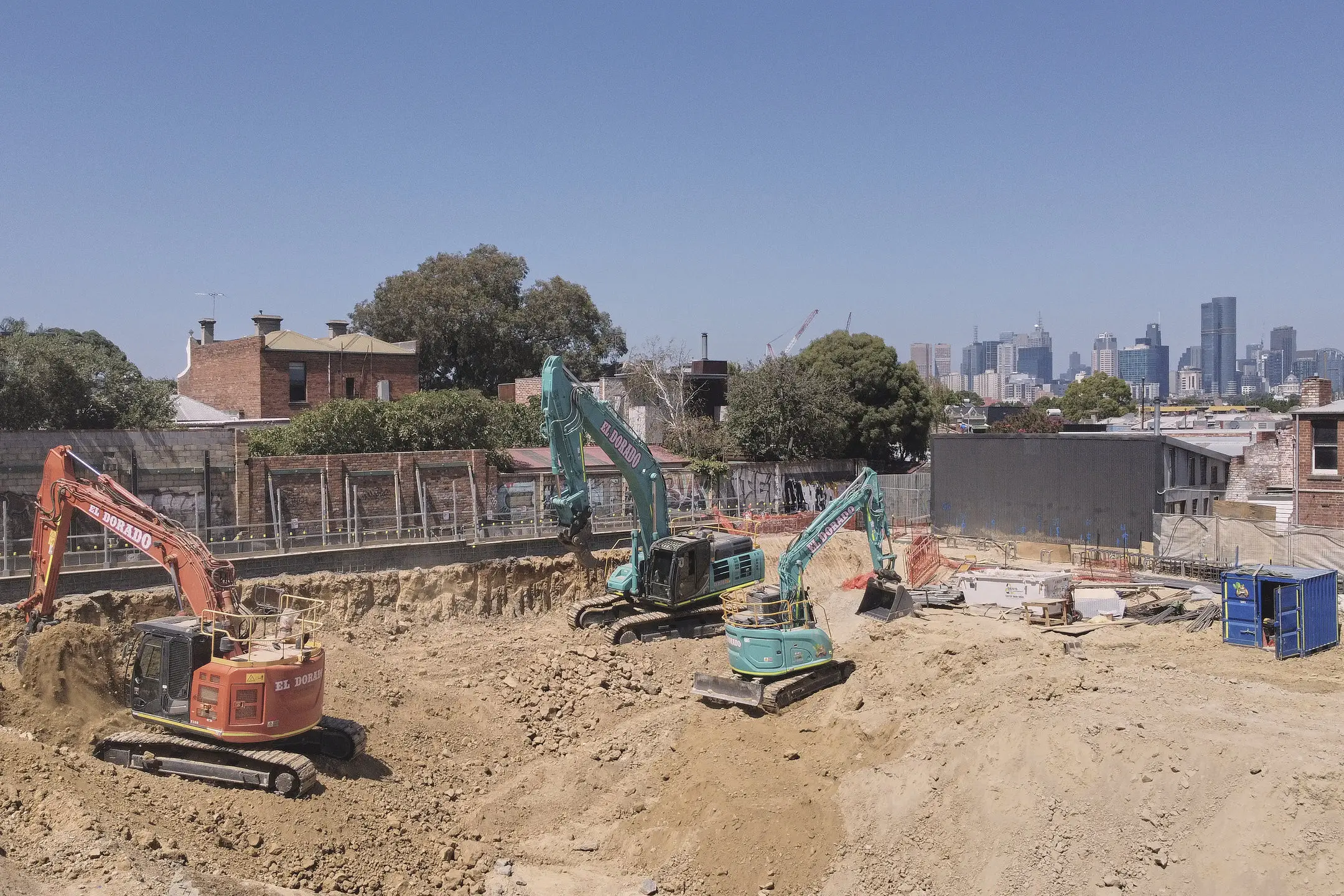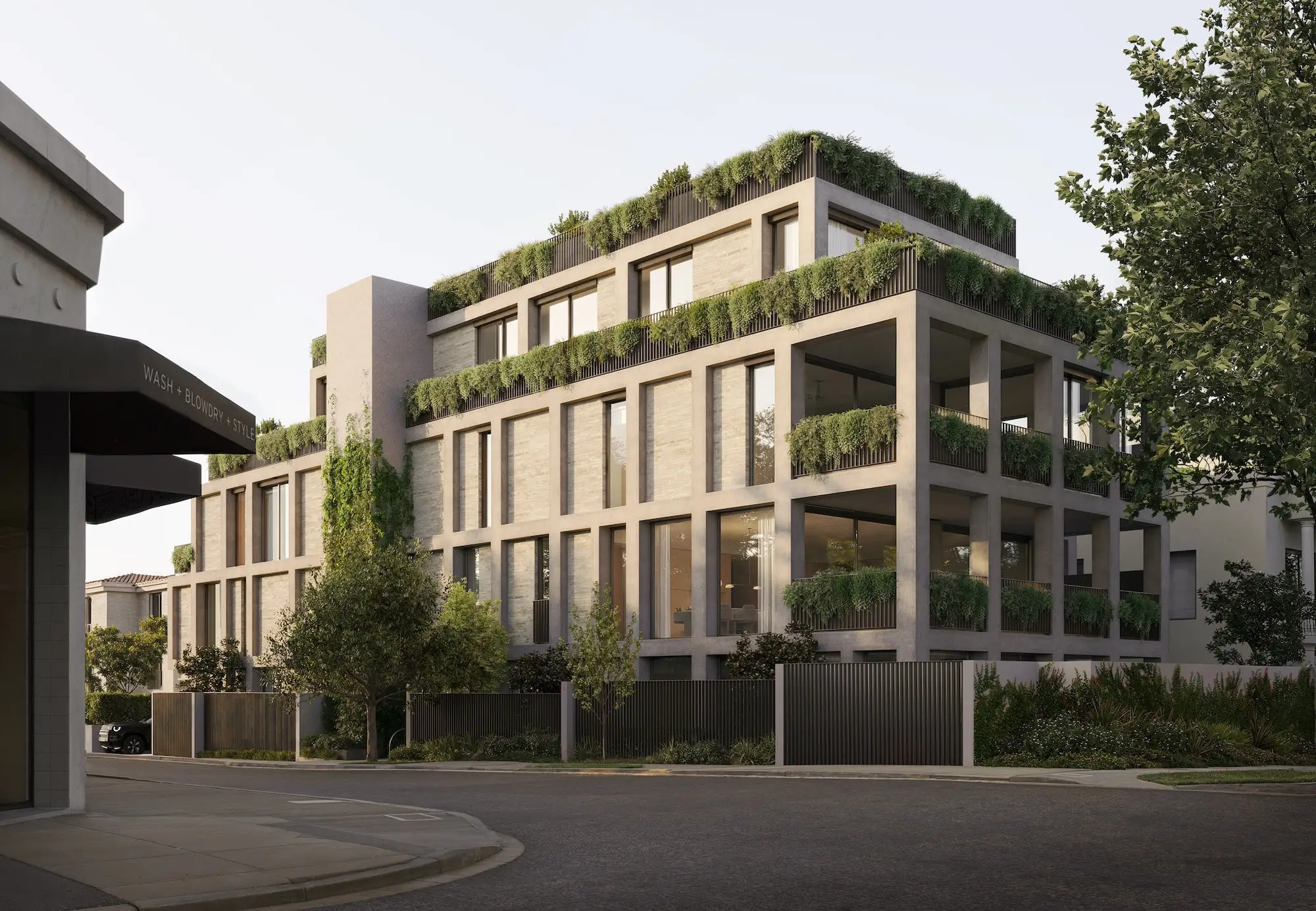
In a tightly contested federal election, the Australian Labor Party, led by Anthony Albanese, has secured another term in government, albeit relying on the Greens and crossbench support to pass key legislation.
With housing policy front and centre during the campaign, Labor's continued leadership signals a renewed push toward affordability, sustainability, and equity in the housing market.
A boost for first-home buyers and renters
Central to Labor's housing agenda is the expansion of the Help to Buy scheme-a shared equity initiative that enables eligible first-home buyers to co-purchase a property with the federal government.
This allows buyers to secure a home with as little as a 2 per cent deposit and no need for lenders' mortgage insurance, easing the entry burden for younger Australians and low-to-middle-income families.
Albanese has also recommitted to constructing 100,000 new homes over the next five years, targeting affordability for both buyers and renters.
These homes are to be energy-efficient, aligning with Labor's climate-conscious policies, with new builds expected to meet or exceed a 7-star energy rating under the Nationwide House Energy Rating Scheme.
The Greens' rising influence
With the Greens holding a balance of power in the Senate and increased leverage in the House of Representatives, the party has already flagged its intention to push Labor further on housing.
Adam Bandt's party has called for a massive expansion of public housing and significant rent caps, citing the housing crisis gripping cities like Sydney and Melbourne.
While Labor has resisted fixed rent controls, negotiations may lead to enhanced rental protections such as minimum rental standards, a national framework for fair rent increases, and greater funding for rental assistance programs.
The Greens are also expected to demand stricter sustainability standards, potentially accelerating net-zero housing design mandates and increased investment in retrofitting older homes.
Energy-efficient homes and climate goals
In line with their broader climate commitments, Labor's focus on sustainable housing includes tax incentives and grants for solar panel installation, battery storage, and home insulation.
The Greens' involvement will likely intensify this push, possibly introducing mandatory zero-carbon building codes by 2030.
Challenges and opportunities
While progressive on paper, the implementation of Labor's housing policy could face hurdles: state cooperation, industry capacity, and inflationary pressures on construction materials.
But with Greens pressure and Labor's political survival tied to delivery, there is a unique opportunity to enact landmark housing reforms that could reshape Australia's urban landscape.


